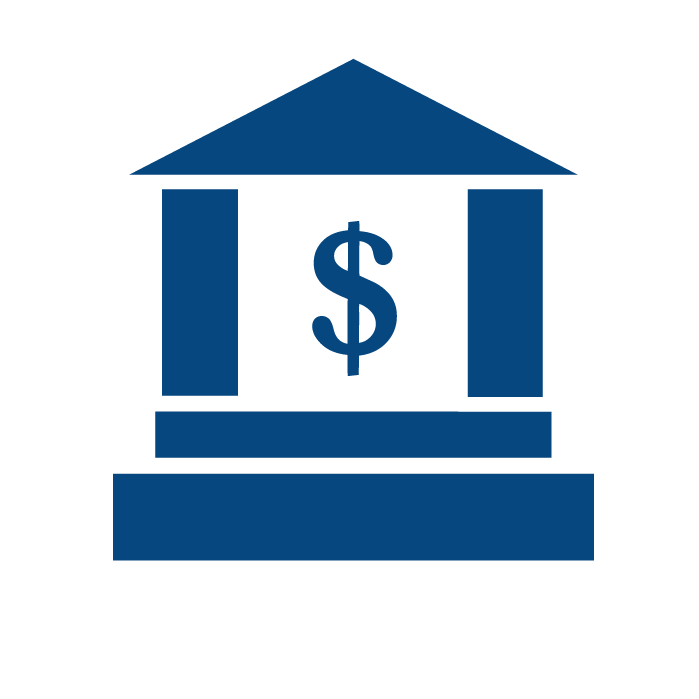| Establishing Fair Revenue Achieve a balanced transportation system that is integrated, adequate and effective, prioritizes maintenance and emphasizes emissions reduction and traffic reduction strategies such as public transportation. Issue Team Chair: Cynthia Stewart, cstewart@lwvwa.org |
2020 Legislative Session Wrap Up
|

